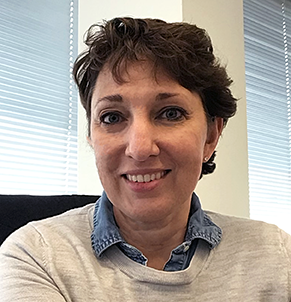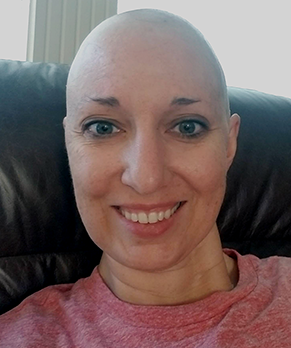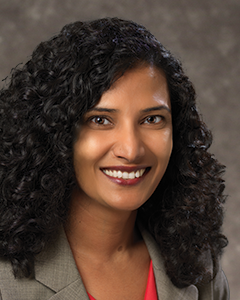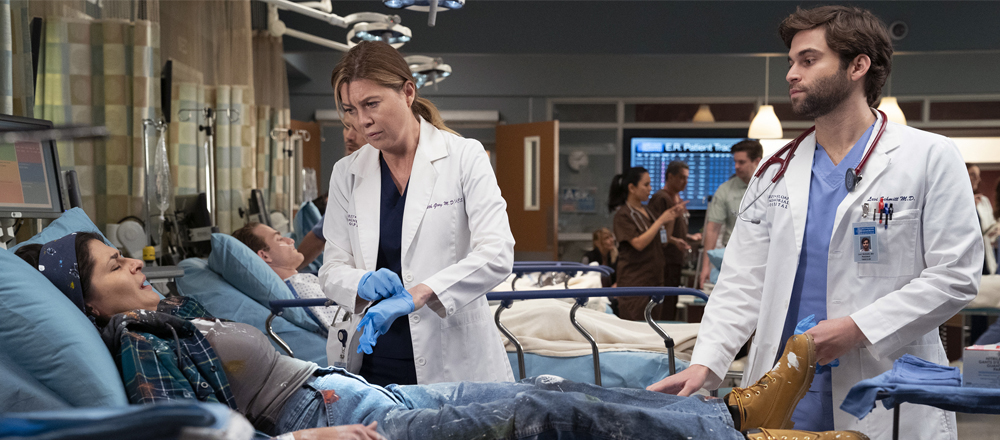Cardiotoxicity: Cancer Treatment and Your Heart
August 23, 2021By: Rajya Malay MD
Categories: Cancer, Cardiac, Your Wellness


Jennifer before treatment.
After Jennifer Koch was diagnosed with triple-positive breast cancer, she underwent a double mastectomy, chemotherapy and radiation to treat it.
While these advancements in cancer treatment increase life expectancy, certain treatments can weaken or damage your heart, blood vessels and lungs. This condition is called cardiac toxicity.
After noting a drop in ejection fraction on one of Jennifer’s echocardiograms, her oncologist, Marci Allen, DO, with The University of Kansas Cancer Center, referred her to me knowing I specialize in preventing and treating cardiac disease during and after cancer therapy.
A drop in heart function can lead to heart failure, which is a very serious side effect of some of the most effective and routinely used breast cancer therapies. Radiation to the left side of the chest can have long-lasting effects on the heart.
Cardiac Toxicity Symptoms
Symptoms of cardiac toxicity include:
- Chest pain
- Dizziness
- Fatigue
- Fluid retention in the legs
- Heart rhythm changes (arrhythmia)
- Shortness of breath
You may be at a higher risk for developing cardiac toxicity if you have:
- Diabetes
- Existing heart problems
- Smoking
- High blood pressure
- High cholesterol
- Obesity
The Benefits of a Cardio-Oncologist

Jennifer during treatment.
Meeting with me gave Jennifer some peace of mind. “Dr. Malay was very thorough in reading my medical records before we met,” Jennifer said. “Having that knowledge of my cancer treatment and my medications and how they affect my body, especially my heart, helped her determine what was best for me. I knew she was on my side and working for me.”
NKCH and The University of Kansas Cancer Center joined forces in 2014 to host a cancer program in the Northland. One benefit of the KU-NKCH cancer program is the high level of collaboration between doctors. A team approach with guidance from an oncologist and a cardio-oncologist can help patients manage heart-related side effects.
“What I appreciated the most was how well Dr. Malay and Dr. Allen worked together,” Jennifer said. “That they were a team fighting for me is what I think was the best.”
With treatment, Jennifer’s heart function improved and returned to a normal level.
How Cardio-Oncology Rehab Help
As part of her treatment plan, Jennifer participated in CORE, a cardio-oncology rehabilitation program at NKCH. A physical therapist with advanced training in cancer rehab helps participants increase their physical activity level and reduce fatigue.



